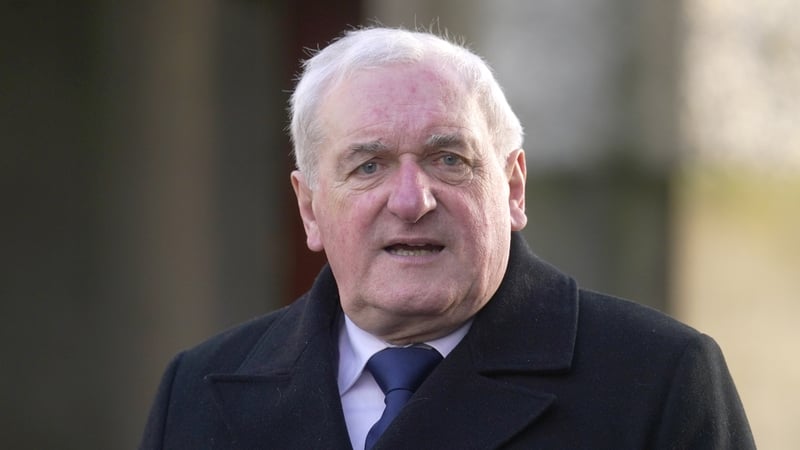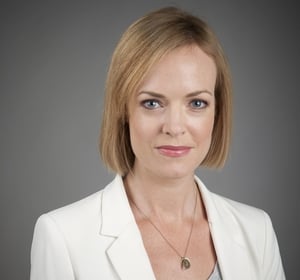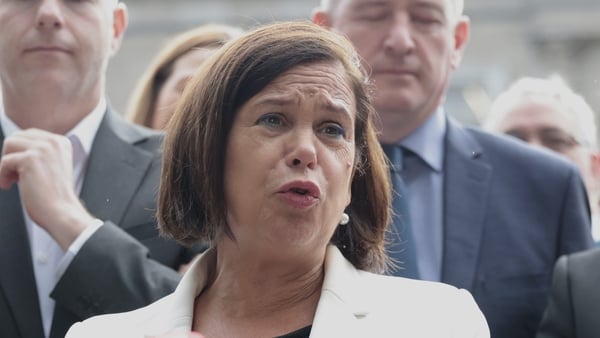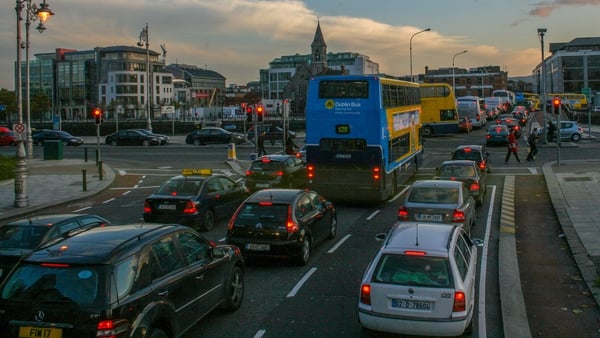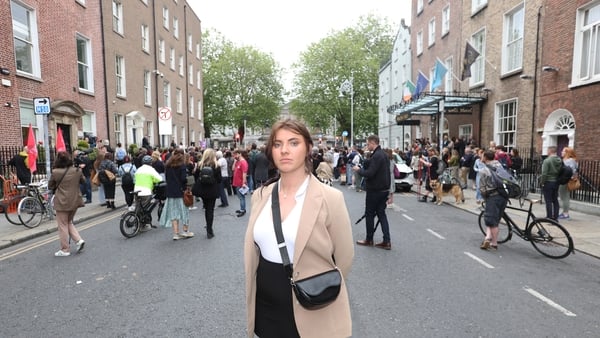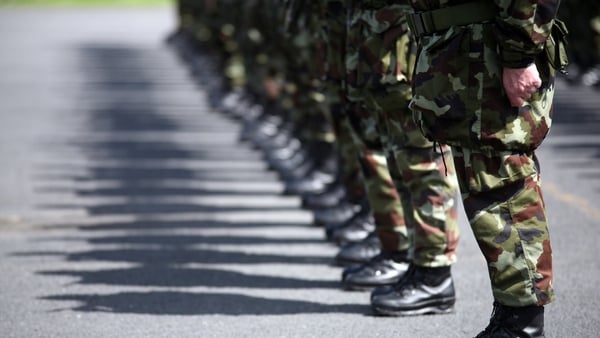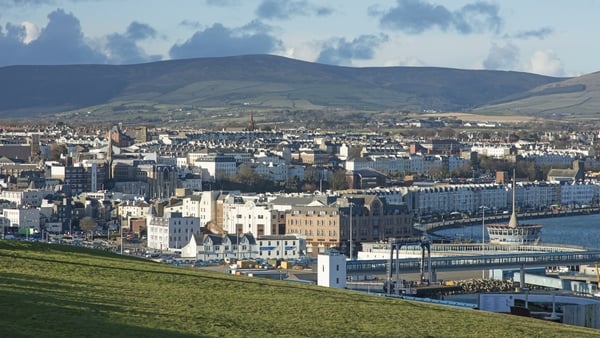Former taoiseach Bertie Ahern said Ireland's relationship with Britain over illegal immigration will get worse before it gets better.
Mr Ahern told an Oireachtas committee that a major fallout from Brexit is the lack of engagement between Irish and English officials, which he believes is partly behind the current impasse between the two governments over migration.
Mr Ahern attended the Joint Committee on EU Affairs to mark the 20th anniversary of EU enlargement.
He was asked about how to tackle the issue of International Protection applicants entering Ireland via the North by independent senator Sharon Keogan.
It follows claims by Minister for Justice Helen McEntee that 80% of recent arrivals had come from the UK via Northern Ireland.
Mr Ahern said cooperation between the UK and Ireland had dropped off significantly since Brexit.
"On the present conflict, it is unfortunate that we’ve had since Brexit, ongoing tensions."
Mr Ahern added: "One of the sad things … if you went back 20 years ago, not just on the EU, in every area, in agriculture, fisheries, environment.
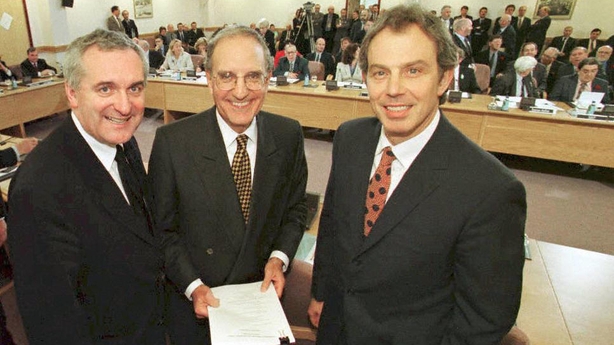
"Every day there were working groups, there were Irish officials going over to Brussels and London … and there was an interaction between the British system and our system, every day."
He said he looked back at a diary from 2002 or 2003 and noted that there were 21 meetings in a week between British and Irish officials.
"That huge interaction is gone, is gone in its entirety. There’s nobody meeting. They’re not meeting for meetings, not meeting for coffee, not meeting in the bars," Mr Ahern said.
"All that was hugely helpful. That is a huge problem. And it’s leading to all these difficulties, these ongoing difficulties, that are there every day," he said.
The former Taoiseach added that the only way around that is to use the mechanisms of the Good Friday Agreement to have far more meetings. Far more north-south meetings and far more east-west meetings.
"You don’t have to set up a new structure. It’s all there. The only way we’ll get back to where we were pre-Brexit is to use the structures that are there … if that happens, we’ll get over these difficulties."
He said he still had a lot of engagement with senior officials and politicians, and he noted that the emails between both countries were "getting frostier every day".
"There’s no phone calls and no contact," adding that "[British politicians] know that Brexit caused this … until we correct that, things are going to get worse not better."
"We’re not using the structures that are there," he said.
On immigration, Mr Ahern praised the former German chancellor Angela Merkel for her approach to allowing economic migrants into Germany.
"Angela Merkel would say she tried to do a big thing on immigration, and she just accepted millions … not that she got much thanks for her efforts, and I think that’s probably going to feature in the mind of current and future leaders," Mr Ahern said.
He added: "She took the view that some of these people were moving for economic reasons. I know for a fact that she feels very sore about [not getting recognition for] that."
Mr Ahern called for further efforts to be made to inform voters from other countries of their entitlements to vote in local and European elections.
He noted that he had been canvassing recently, and said: "It struck me massively that the European people that are here, from all the European countries, it seems practically none of them know their rights … it’s not exactly a hard thing to do, to say to our Polish friends they’ve a right to vote … because they don’t have any concept they’re entitled to vote."
"That seems to be a very obvious area of correction that should be dealt with," Mr Ahern said.
